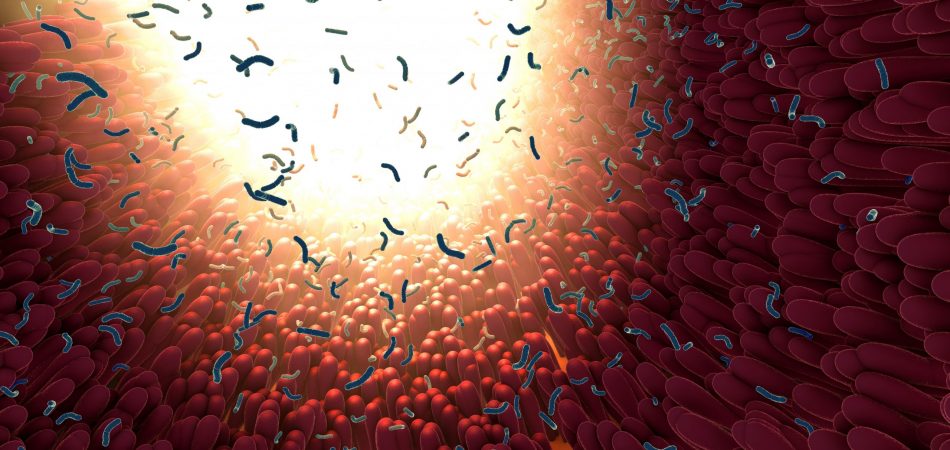Here at The Optimist Daily, we regularly report on new findings about our incredible microbiome. Scientists keep uncovering more and more crucial roles these tiny microorganisms living in our gut play. From memory, to warding off chemotherapy side effects, to preventing brain damage in premature infants, the bacteria in our bodies are incredibly influential.
The latest research on this topic was carried out at the California Institute of Technology, finding that the contents of our microbiome also influence anxiety. The team focused on a small-molecule metabolite, 4-ethylphenyl sulfate (4EPS), that is synthesized by bacteria in the gut before circulating around the body.
Previously, studies have shown 4EPS is found in higher concentrations in mice suffering with conditions like autism and schizophrenia. Plus, the molecule is found around seven times higher concentration in children with autism than their neurotypical counterparts. Therefore, it seems to influence neurological health.
In mice, the researchers compared groups with differing amounts of 4EPS producing gut bacteria. It was found that the group with a higher concentration of the molecule in their blood displayed more anxious behavior. Plus, brain scans showed regions associated with fear and anxiety were more activated in comparison to the other group. The results directly suggest the link between this microbial compound altering brain function and influencing anxiety.
This study, published in Nature, directly shows that our gut can influence complex emotional behaviors. No other project has proved exactly this, although researchers have previously noted that people with certain neurological conditions have distinctive gut bacteria communities.
In the future, scientists hope to be able to manipulate gut health to treat neurological diseases, although, we still have a lot more ground to cover before then. Sarkis Mazmanian, first author of the project stated: “I believe this work has implications for human anxiety or other mood conditions.”
Source study: Nature – A gut-derived metabolite alters brain activity and anxiety behavior in mice











